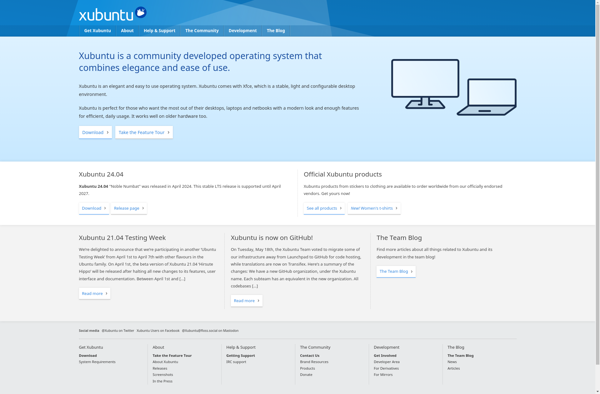Scientific Linux
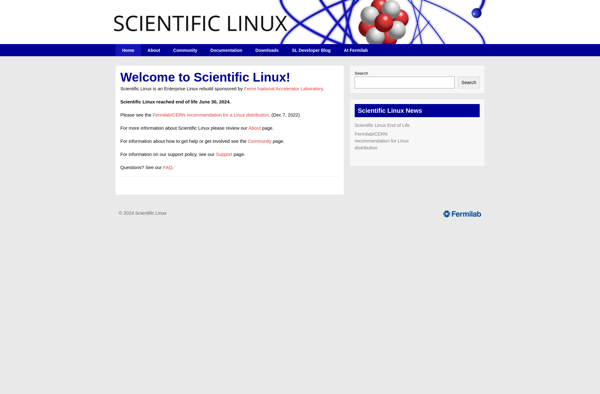
Scientific Linux: Free & Flexible Scientific Linux OSs
Scientific Linux is a Linux distribution produced by Fermi National Accelerator Laboratory and based on Red Hat Enterprise Linux. It aims to be a free, stable, and flexible operating system often used for scientific research computing and high performance computing applications.
What is Scientific Linux?
Scientific Linux is a Linux distribution produced by Fermi National Accelerator Laboratory. It is based on the free and open-source Red Hat Enterprise Linux operating system and aims to be a free, fast, stable, and flexible operating system often used for scientific computing, research, and high performance computing applications.
Some key features of Scientific Linux include:
- Binary compatible and uses RPM packages from Red Hat Enterprise Linux, providing access to a large software ecosystem
- Includes scientific computing software stacks out-of-the-box like MATLAB and IDL
- Updated on a regular release cycle and often stays up-to-date with the latest stable versions of Linux kernel and software packages
- Backed by the stability of an enterprise Linux distribution while remaining completely free to download and use
- Improved documentation aimed specifically towards the research and scientific community
- Sponsored by various scientific organizations and labs like CERN and Fermilab which use and contribute to the distribution
Overall, Scientific Linux offers scientists, engineers, and researchers a robust, reliable, easy to maintain Linux platform with access to many of the latest scientific computing tools needed to power computationally intensive workloads and lab environments.
Scientific Linux Features
Features
- Based on Red Hat Enterprise Linux source code
- Includes scientific computing software packages
- Supports high performance computing architectures
- Includes security enhancements
- Includes software for cluster computing
Pricing
- Open Source
Pros
Cons
Official Links
Reviews & Ratings
Login to ReviewThe Best Scientific Linux Alternatives
Top Os & Utilities and Linux Distributions and other similar apps like Scientific Linux
Here are some alternatives to Scientific Linux:
Suggest an alternative ❐Windows 10
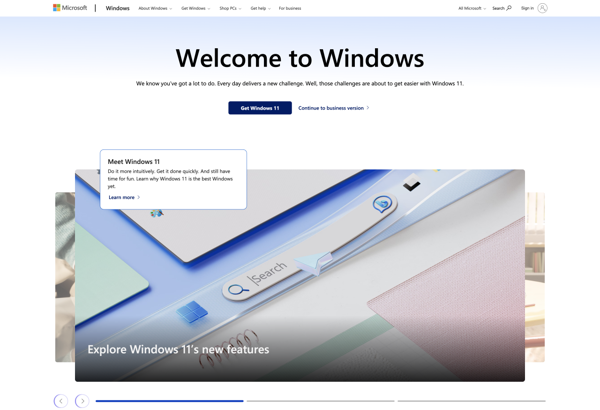
MacOS

Linux Mint

ReactOS
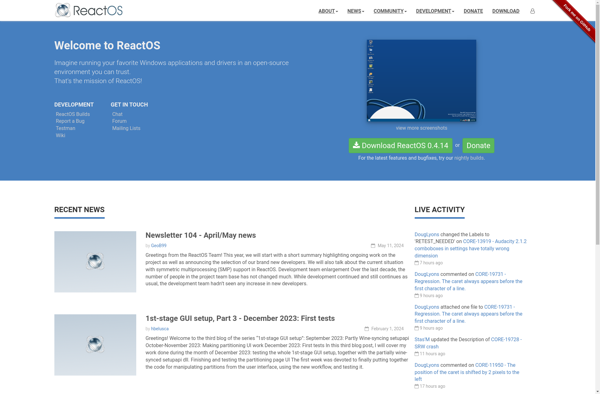
Elementary OS
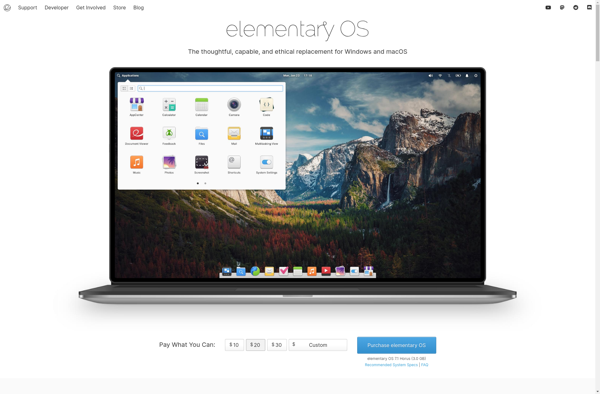
Debian

Fedora
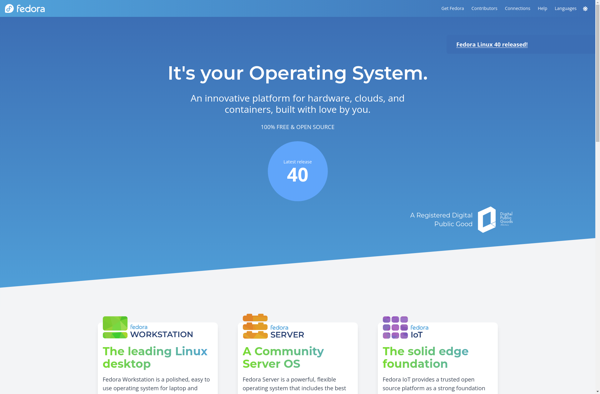
Manjaro Linux

OpenSUSE

Pop!_OS
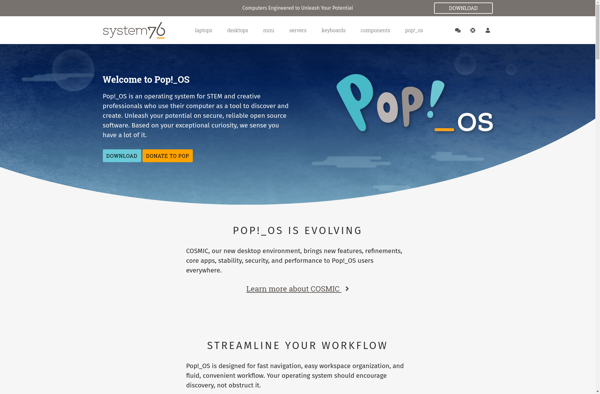
Kubuntu
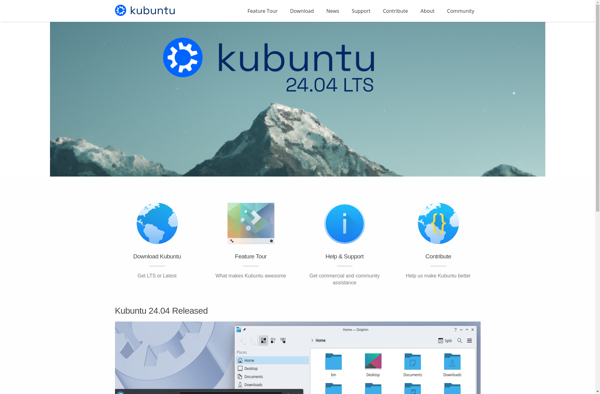
Xubuntu
